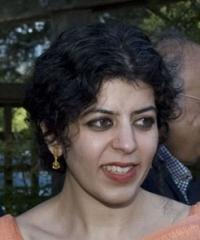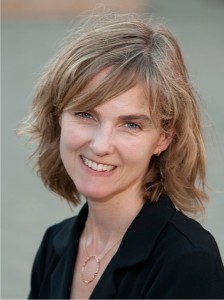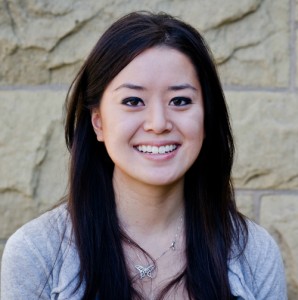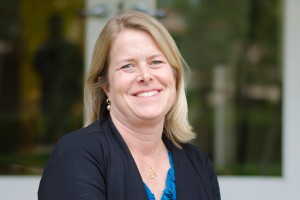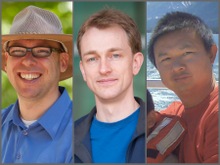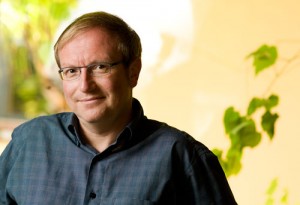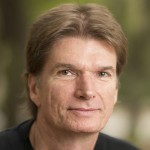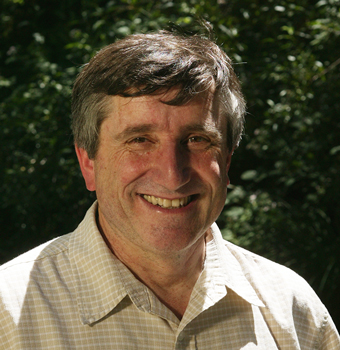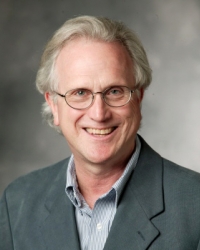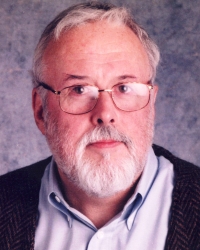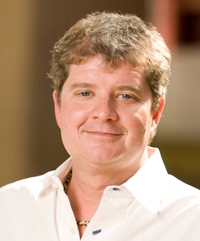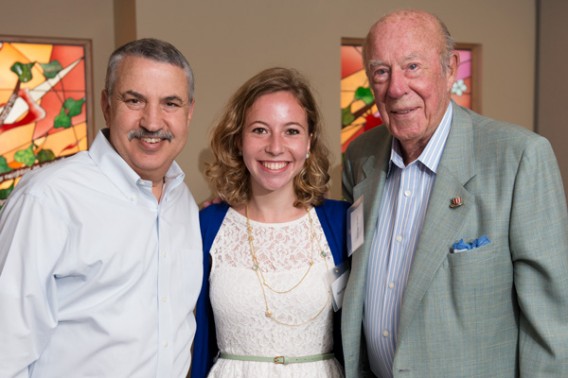
Thomas L. Friedman, Maya Kornberg and George Shultz
While thousands of Stanford students earn scholarships and have the opportunity to study abroad, for senior MAYA KORNBERG, the awarding of her fellowship to study in Israel this summer was anything but ordinary. “This is an only-at-Stanford kind of morning,” said RABBI SERENA EISENBERG, executive director of Hillel at Stanford. Or as New York Times columnist and author THOMAS L. FRIEDMAN said, “Not many people get a fellowship handed to them by two former secretaries of state.” Not to mention a best-selling author.
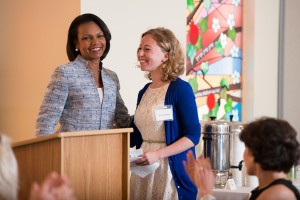
Condoleezza Rice and Maya Kornberg
At a breakfast gathering at Hillel Thursday morning, Kornberg was awarded the George and Charlotte Shultz Fellowship for Modern Israel Studies from former U.S. Secretary of State CONDOLEEZZA RICE. Rice, also a professor of political science and business at Stanford, happened to teach Kornberg in her undergraduate foreign policy seminar winter quarter. Kornberg also received accolades from the namesake of the fellowship, GEORGE SHULTZ, also a former U.S. secretary of state. And Friedman, who established the fellowship in honor of Shultz on the occasion of Shultz’s 90th birthday two years ago, also joined in bestowing the honor.
“This fellowship is an example of what Stanford does best,” Rice said. “Great research universities bring together people from the entire academic spectrum, from 18-year-old freshmen to Nobel laureates, and put them together to instill in all of us a desire to search for the truth.” Despite her many commitments, Rice said she did not hesitate when asked to serve on the Shultz Fellowship review committee: “Anything with George’s name, I pay attention. George is emblematic of a great public servant, and he is also a university person, deeply involved with students. And Tom Friedman, he has helped us see inside this complicated region more clearly than any author or scholar I know.”
Rice, Shultz and Friedman all noted that a visit to Israel is essential for any scholar working to understand the Middle East. Friedman said he established the fellowship in recognition of Shultz’s “tireless efforts to broker Middle East peace,” and that the honor is available to any Stanford student interested in studying Israel or the Arab-Israeli peace process. The Shultzes then added to the fellowship, as did philanthropists LAURA LAUDER and JIM KOSHLAND. (Because of university restrictions on funding research opportunities in Israel while the State Department maintains a travel advisory there, the fellowship fund was established at Hillel at Stanford, which administers the award.)
Last year, the first fellowship was awarded to EMILY WARREN, a joint JD-economics PhD candidate, who used the time to study how Israel’s defense investments in the late 1980s resulted in a tech boom in the early 1990s.
Kornberg, a graduating senior majoring in international relations, intends to use her fellowship to examine Israeli political parties’ campaigns in elections between 1967 and 2013, investigating the platforms and rhetoric on issues relating to the peace process, such as territorial division, the status of Jerusalem and rights of return.
“What I have appreciated most about my Stanford experience is that they just keep throwing these amazing opportunities at you all the time,” said Kornberg, who is the daughter and granddaughter of two Nobel laureates, ROGER KORNBERG and the late ARTHUR KORNBERG. Her proud mother, who was toting a camera Thursday morning, is YAHLI LORCH, associate professor of structural biology.
Maya Kornberg plans to pursue a graduate degree in public policy at Columbia University. But when she returns from Israel, she has a date to meet with Rice, Shultz and Friedman to share what she learned.
—LISA LAPIN
